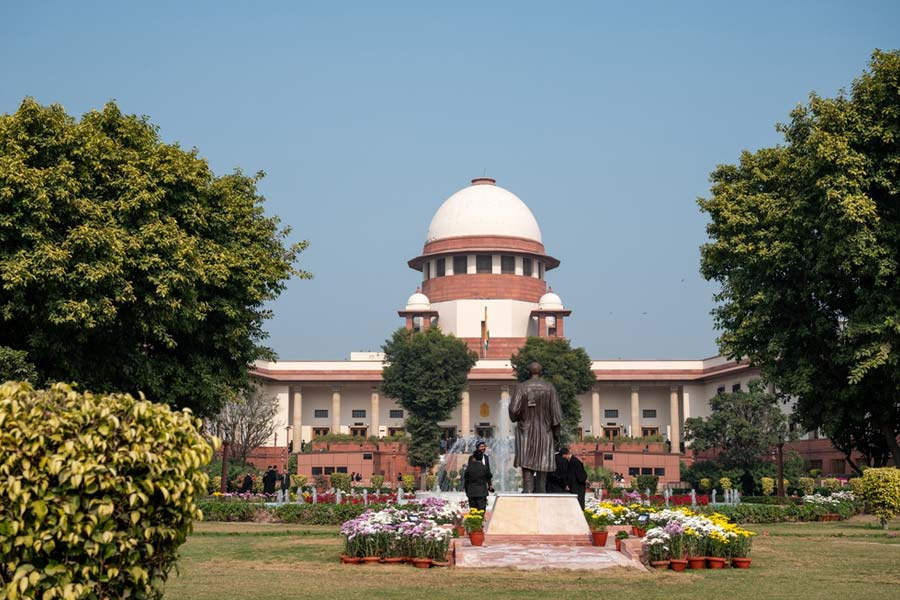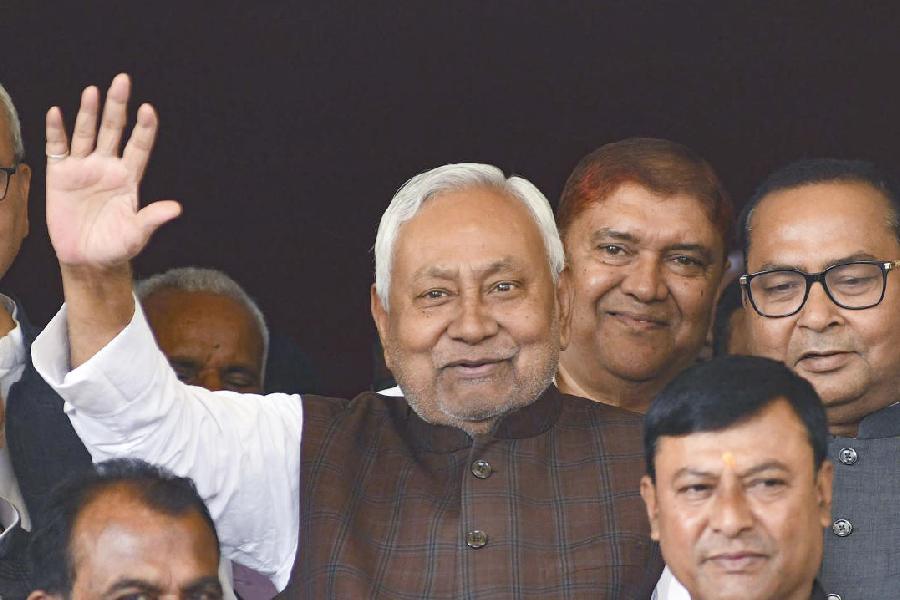The Supreme Court judgment ordering the liquidation of Bhushan Power & Steel Ltd (BPSL), a functioning, expanding and profit-making enterprise, after striking down the corporate insolvency resolution process four years after being approved, will have wide ramifications for the nascent bankruptcy law in India with many in the corporate sector apprehending a tapering of interest in picking up sick assets.
The apex court rapped all stakeholders involved in the BPSL resolution process — starting from resolution professional, the committee of creditors, National Company Law Tribunal (NCLT), National Company Law Appellate Tribunal (NCLAT) and successful resolution applicant — for non-compliance of mandatory provisions and misuse of process of law.
While the legal community argued that the judgment is ‘legally sound’, the intended effect on the insolvency ecosystem may prove to be detrimental. Director of a Calcutta-based engineering company which has picked up multiple assets from insolvency court said the bidders would be circumspect given that the judgment would make the outcome uncertain.
“The IBC process may slow down in effect as prospective resolution applicants will turn cautious. You will never know when it’s finally over,” said the person who did not wish to be identified given the enormity of the BPSL matter.
After acquiring BPSL in 2021 for ₹19,350 crore, JSW Steel turned the sick company around and scaled up operations. It allowed the crown jewel of the $24 billion JSW Group to expand its manufacturing base in eastern India, the stronghold of Tata Steel and SAIL. The company later also aggressively acquired iron ore mines in Odisha where BPSL’s integrated unit is located.
The company has to go back to its drawing board again to rework its growth strategy unless the judgment is modified in the wake of the review petition which JSW is widely expected to file.
“Who will bid if there is so much uncertainty? IBC is over,” exclaimed an executive of a steel company. There are always many moving parts in the CIRP (corporate insolvency resolution process) and it may not be possible for a bidder to control all of it, he argued. After all, the apex court nixed the BSPL plan finding procedural lapses in the CIR process which began eight years ago in 2017.
It would also take the banking system a while to unwind the complexities created by the judgment, he pointed out. The apex court, however, ordered that financial creditors return the payments made by JSW and equity contributions made later in BPSL to be returned within two months.
Banks have arguably benefited from IBC, which came into effect December 1, 2016, recovering over 31 per cent of admitted claim being recovered, and over 160 per cent of liquidation value. (See chart) Will that tap now run dry? N G Khaitan, senior partner in Khaitan & Co, doesn’t think so. He argued that industry would still be interested in buying assets under insolvency given it takes time to set up greenfield projects. “Buying assets through NCLT will be faster than setting up a plant as it could take anywhere between 5-7 years to set up a manufacturing unit from the stage of buying land,” Khaitan said.
However, he said that all stakeholders would now have to be much more vigilant about following the procedures going forward.
Khaitan also pointed out that the apex court circumscribed the role of NCLT and NCLAT in matters of public law such as Prevention of Money Laundering Act.
The bench of Bela Trivedi and Satish Chandra Sharma said, “Neither the NCLT nor the NCLAT is vested with the powers of judicial review over the decision taken by the government or statutory authority in relation to a matter which is in the realm of public law."
JSW Steel dithered on implementing the plan after the NCLT approval in September 2019 because the Enforcement Directorate filed a case under PMLA against the erstwhile promoters of BPSL, partially attaching assets of ₹4,025 crore.
Even though the NCLAT set aside the partial attachment order in February 2020 and reaffirmed NCLT order, JSW cited the uncertainties over ED attachment to infuse only ₹100 crore as share capital towards equity contribution, and the delayed remaining ₹8,450 crore by way of convertible debentures.
The Supreme Court bench was not impressed with this and criticised the deviation from original resolution plan. Legal sources said the BPSL judgment on PMLA could add another layer of uncertainty to the insolvency process.
Out of 8,175 CIRP initiated till December 31, 2024, the resolution plan has been approved in 1,119 cases and liquidation order passed in 2,707 cases. It took on an average 585 days (after leaving out the time excluded by the appellate authority) for conclusion of the CIRP process, much higher than the 330 days prescribed in the IBC. Those which ended up in orders for liquidation, took on an average 508 days for conclusion.










